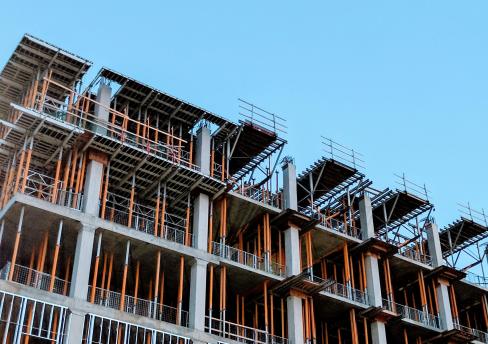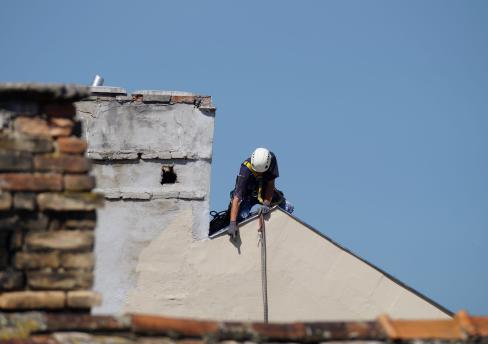In this week's instalment of our HGCRA anniversary blogs we consider the statutory right to suspend performance of obligations under a construction contract as a result of non-payment.
Under s.112 of the Construction Act an unpaid party can suspend the performance of "any or all" of its obligations under the contract if all or part of the notified sum remains unpaid by the final date of payment. The thorny issue of payment has already been covered in our earlier instalments.
A statutory suspension of performance can only be made in relation to non-payment, and not any another breach of contract. It must follow a written notice from the unpaid party. The notice must be in writing, given at least seven days before suspending performance and state the ground(s) for the suspension. When giving notice, the unpaid party should also be mindful of the construction contract's notice clause, as the parties may have agreed their own form of notice. More on that soon.
Suspending "any or all" obligations under the contract can mean:-
- suspending construction duties (e.g. clearing the site, suspending performance of professional services, suspending the actual construction of the project); or
- suspending other obligations (e.g. the obligation to maintain professional indemnity insurance or a CAR policy under the building contract).
Statutory suspension ends once the unpaid party has been paid the notified sum (s.112(3)) and any time limits, milestone dates and timescales that have been affected by the suspension should be adjusted accordingly (s.112(4)). For example, if performance was suspended for 14 days, then the contractual completion date specified under the construction contract should also be extended by this period. The suspension can also have a knock-on effect on third party contracts, who are similarly entitled to claim extensions of time.
If any costs and expenses are incurred by the unpaid party as a result of the suspension, s.113(3A) grants the payee a right to claim a "reasonable amount" of the sums incurred, including remobilisation costs. Prior to the amendments introduced by LDEDCA 2009, which came into force in Scotland in 2011, the unpaid party did not have a statutory right to these costs. The JCT standard forms have also been updated to reflect this change in legislation, with the SBC 2011 and 2016 forms dealing with suspension costs as part of clauses 4.14 and 4.13 respectively.
While the right to suspend performance may appear to be a useful mechanism for payees in circumstances where payment is not forthcoming, it is a 'sanction' that should be used cautiously, not least because it could potentially damage the commercial relationship between the parties. Consideration also needs to be given to other relationships e.g. subcontractors, design team members, insurers etc. Also, if the suspension is exercised inappropriately or incorrectly the suspender may find themselves faced with a damages claim. In practice, the statutory right to suspend is used far less often than expected and parties often turn to alternative means of securing payment (e.g. refer a dispute to adjudication, or agree payment by instalments). Whilst the Act makes provision for a party to "down tools" in practice that's not as easy as it might seem.
If you require any further information or assistance in relation to the statutory right to suspend performance of obligations under the Act or a contract please contact any member of our construction team.
The content of this webpage is for information only and is not intended to be construed as legal advice and should not be treated as a substitute for specific advice. Morton Fraser LLP accepts no responsibility for the content of any third party website to which this webpage refers. Morton Fraser LLP is authorised and regulated by the Financial Conduct Authority.










